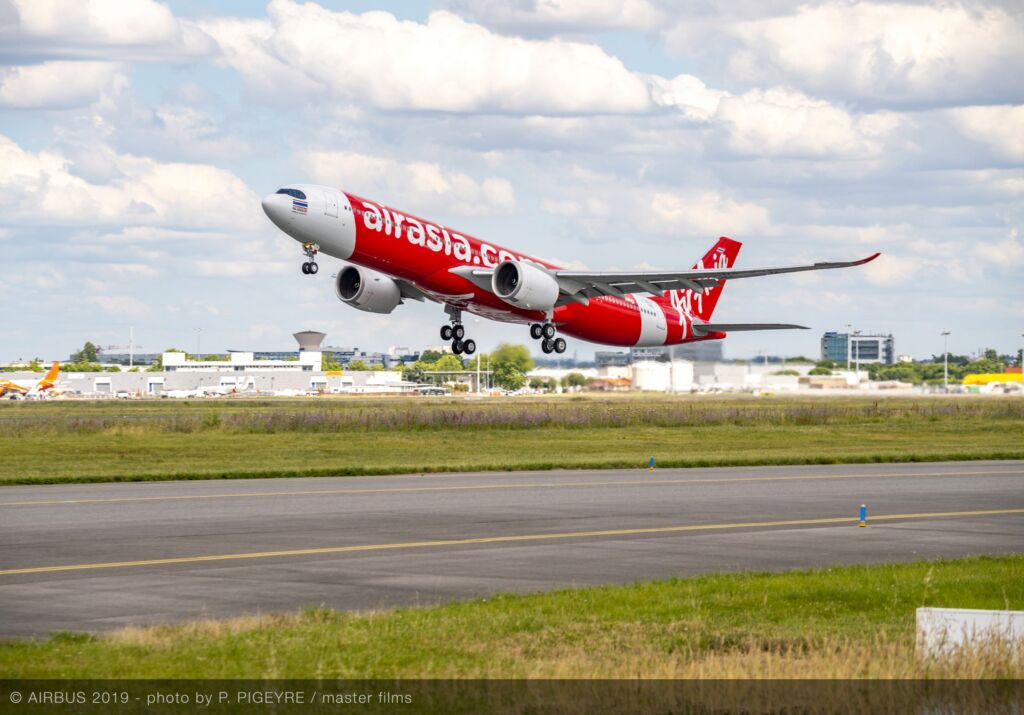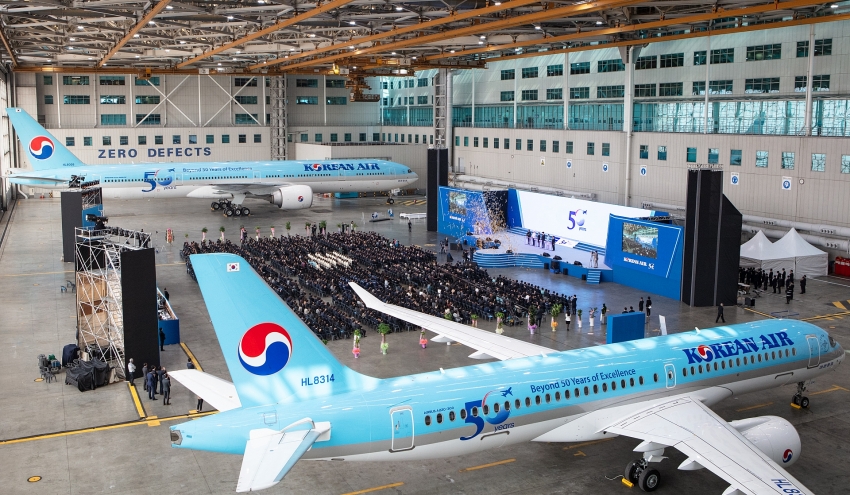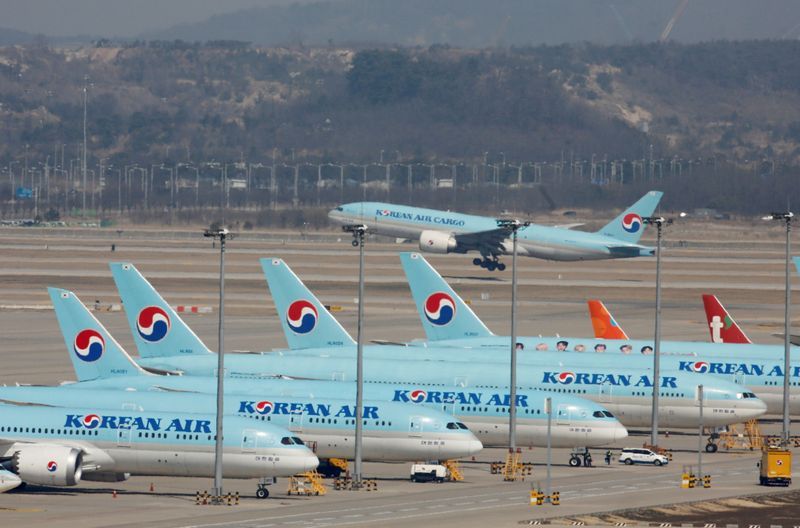Bangkok, 22 March 2021 – Due to the prolonged travel restrictions and international border closures caused by the ongoing effects of the COVID-19 pandemic, Thai AirAsia X (airline code XJ), a Thailand based low cost long haul carrier, is offering updated alternate options with more flexibility for guests with flights booked prior to 1st December 2020, and scheduled for travel from Thailand to Japan and South Korea between 1st March 2020 – 31st March 2021.
To help minimise the inconvenience, options available for guests are detailed below:
- Unlimited flight changes: Change to any new travel date up to 31 December 2021 on the same route for an unlimited number of times without any additional cost, subject to seat availability. Do note that the flight change request must be submitted by 25 March 2021, and new flights are not applicable on National Long Holidays / the airline’s Embargo Period; OR
- Credit account: Retain the value of the flight booking in the guest’s AirAsia BIG Member account for future travel with AirAsia to be redeemed within 730 calendar days (2 years) from the issuance date. The travel date of the new booking can fall on any date within the published flight schedule on airasia.com.
Guests can use the airline’s AI chatbot AVA, on support.airasia.com or airasia.com to make their selection.
The above guest information is only applicable for guests with flights on Thai AirAsia X who booked their flights directly online prior to 1 December 2020 via airasia.com. For group bookings or those made through travel agents, guests are advised to refer to their respective booking agents for further assistance.
AirAsia assures that the safety and well-being of our guests and Allstars is our top priority. AirAsia is complying with advice and regulations from local governments, civil aviation authorities, global and local health agencies.
AirAsia is closely monitoring the global health situation and reserves the right to announce further policies according to the latest developments.
Follow AirAsia on Twitter (@airasiaTH) and Facebook (facebook.com/AirAsia) for the latest updates, or contact our customer support team at Twitter (@AVA_AirAsia) Guests are also encouraged to check their flight status at airasia.com/flightstatus for live updates.
Once again, Thai AirAsia X would like to apologise for any inconvenience caused and the airline is hopeful that the situation will recover soon, allowing international flights to Japan, South Korea and other destinations to resume in the near future.




